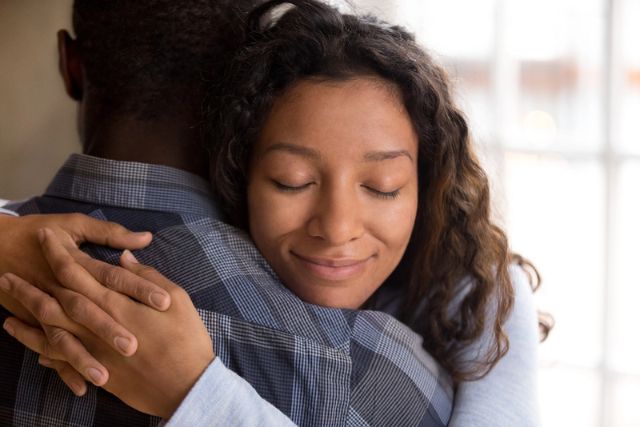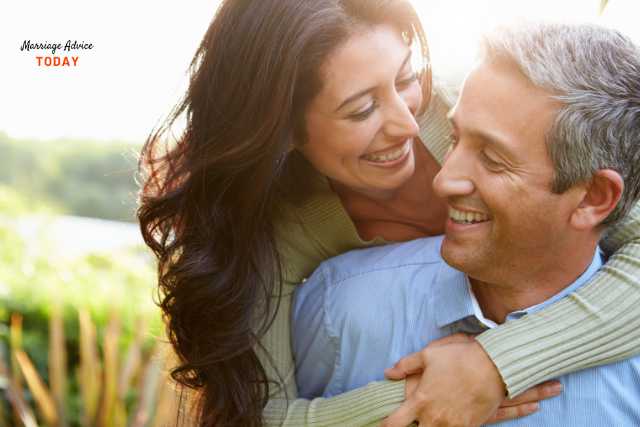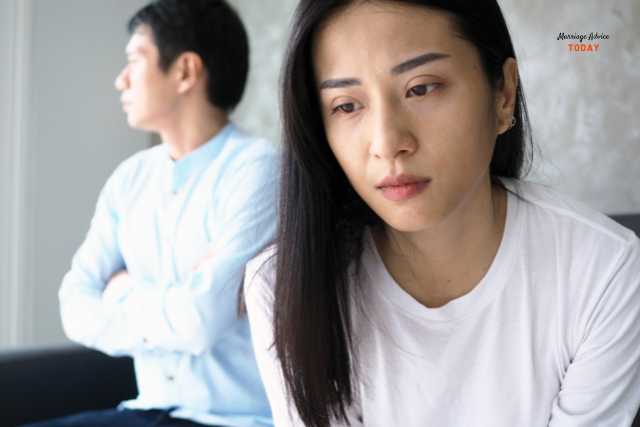The Gratitude Effect on Marriage is Amazing — 7 Reasons Why
In the whirlwind of daily life, it’s easy to overlook the power of a simple “thank you” in our most intimate relationships. Yet, as relationship experts and researchers have discovered, gratitude isn’t just good manners – it’s a transformative force in marriage.
Research conducted by the University of Georgia in 2015 found this to be true. In the study, 468 married individuals were interviewed and most of the responses indicated that “spousal expression of gratitude was the most consistent significant predictor of marital quality” in that it can disrupt negative communication strategies such as criticism and defensiveness. Criticism and defensiveness are part of what couples relationship researcher, John Gottman called, “The Four Horsemen of the Apocolypse,” or, four communication strategies that negatively affect relationships (the other two strategies being stonewalling/cold shouldering and contempt/resentment).
Your partner wants to be appreciated. Only normal considering that the ‘deepest principle in human nature is the craving to be appreciated.’ And if you can learn how to be grateful for the little things, your marriage may become strong enough to weather the fiercest storms.

The Science of Thankfulness
Before we dive into the specifics, let’s consider what science tells us about gratitude in relationships. Expressing appreciation triggers the release of dopamine and serotonin, often called the “feel-good” neurotransmitters.
When we regularly activate these chemicals through gratitude, we’re essentially giving our brains a workout in positivity.
Let’s get a little more specific. These are the exact benefits of telling your partner you appreciate them for doing the dishes and helping:
Stronger emotional connection
Gratitude acts as an emotional superglue. When you express appreciation for your partner, you’re acknowledging their value in your life — and that’s a most endearing thing.
It’s a bit like gently whispering ‘Hey, I notice you, and I appreciate you.’
Think about how that might feel. To be recognized like (or recognize your partner) deepens your emotional bond and reminds you that your relationship is a safe place, where warmth and kindness flow aplenty.
Better communication
Couples who practice gratitude often find themselves in a positive communication cycle.
When you’re focused on appreciating your partner, you’re more likely to express positive feelings and less likely to engage in criticism or contempt – two of the biggest relationship killers.
Increased resilience
Life throws curveballs, but grateful couples are better equipped to catch them. Gratitude builds a reservoir of goodwill that couples can draw from during challenging times.
It’s like relationship insurance – you’re investing in your partnership’s strength before you need it. When, inevitably, one of life’s curveballs gets thrown at you and your partner, you’ll find that there’s enough in your emotional reserve to survive the bad days.
Deeper intimacy
Gratitude and intimacy go hand in hand. When partners feel appreciated, they’re more likely to feel emotionally safe and open.
This emotional openness often translates to physical intimacy as well. And yes, sincerely saying “thank you” is very romantic.
Forgiveness stops being difficult
We all make mistakes, but grateful couples find it easier to forgive.
Something about focusing on your partner’s positive attributes means you’re more likely to view their mistakes as anomalies rather than character flaws.
It’s not about wearing rose-colored glasses, but rather about maintaining a balanced perspective.
A culture of kindness
Gratitude is contagious – in the best way possible. When one partner expresses appreciation, it often inspires the other to reciprocate. This creates a positive feedback loop of kindness and consideration.
Before you know it, you’re living in a home where kindness is the norm, not the exception.
Happiness levels go UP
Perhaps unsurprisingly, couples who practice gratitude report higher levels of overall happiness. It’s not just about being happier in your relationship – this positivity tends to spill over into other areas of life.
You might find yourself appreciating your job more or having more patience with your kids.
This doesn’t mean life becomes better simply because you’re being grateful. It just means you have the emotional bandwidth to pause and reflect on the good people and things around you.
Putting gratitude to practice
Now that we’ve covered the “why,” let’s talk about the “how.”
Here are some practical ways to cultivate gratitude in your marriage:
- Start a gratitude journal together, where you each write down three things you appreciate about the other person daily.
- Make it a habit to express verbal appreciation for specific actions your partner takes. Pro tip — start with the teeny-weeny things. They often pack the biggest punch.
- Leave thank-you notes for your spouse in unexpected places.
- Practice mindfulness together, focusing on the present moment and the things you’re grateful for.
Gratitude requires conscious deeds
Of course, like any practice, cultivating gratitude can have its challenges. Busy schedules, stress, or simply taking your partner for granted can all get in the way.
The key is to make gratitude a priority and to always express it sincerely. Set reminders if you need to or tie your gratitude practice to an existing habit. This isn’t about perfection — even small, genuine, consistent efforts can make a big difference, sometimes even more than grand gestures and efforts.
In conclusion, gratitude is more than just a nice-to-have in marriage – it’s a powerful tool for strengthening your bond, improving communication, and increasing overall happiness.
By making appreciation a daily practice, you’re not just saying “thank you” – you’re actively building a stronger, more resilient, and more joyful partnership.
So, why not start now?
Take a moment to think of something you appreciate about your partner and let them know. Your marriage will thank you for it.
One more thing:
Thank you for reading this far. You are genuinely amazing.




